Panic buying of fuel worsens UK fuel crisis
Britain grapples with a full blown crisis as labor shortages, particularly a critical shortage of HGV truck drivers, have disrupted supply chain activities and caused several problems. The significant lack of drivers meant deliveries of fuel and food fell short.
As a result, the country witnessed panic buying of fuel and some goods dwindled. These events triggered chaotic scenes across major cities, leading to long lines at gas stations and fistfights among drivers.
Many factories and businesses are struggling with rising energy bills and are on the verge of halting production and closing down unless the government acts immediately in the face of sky rocketing natural gas prices.
In fact, the crisis has already forced a wave of collapses among energy suppliers. This is while the government is planning to impose a levy on gas bills, which could push the prices further.
The British government is now under fire for its handling of the crisis. So, being under intense pressure, the British Prime Minister, Boris Johnson, blamed the trucking industry for Britain's supply chain mess.
The industry called Johnson's claims wrong and pointed to the government's immigration policy, and delays in testing and certifying new drivers as the main culprits. The government also claimed there is a global shortage of drivers.
However, the European countries have not faced a similar problem. Britain faces a shortfall of 100,000 drivers 20% of those are drivers who departed Britain after the country voted to leave the European Union. In addition, about 200,000 EU citizens left Britain during the Coronavirus pandemic.
The British government addressed the crisis by introducing a short term visa programme. But by offering short term visas to foreign truckers, the British government is admitting that exiting the EU was a decisive factor in the current crisis. In addition, many people are reluctant to uproot themselves, and move to Britain for temporary and difficult work while they have better options in EU member state countries.
It is a crisis of the free market, a triumph of the free market, the government abandoned regulation, it has abandoned public ownership. So it’s private ownership. So we're depending for energy on Britain on people who make lots of profits out of energy shortages.
So if it's to someone's advantage to see gas and electricity prices shoot up, then they're going to go up, they're not going to say, Oh, we're not going to take profits because it's bad for the economy, they're going to say hey, send me more.
Ian Williams, Journalist
Households that spend a high proportion of their income on energy bills are considered to be in fuel poverty. Currently 4 million people in Britain are already enduring fuel poverty, while up to 1.5 additional British households won't be able to afford to heat and power their homes.
Last October, the government raised the energy price gap to control the sharply rising wholesale gas prices. The cap limits the impact of soaring energy prices on British households. The UK energy regulator said that the price gap must rise again next year if wholesale gas prices continue to go up.
This could mean a typical customer paying between 400 pounds and 600 pounds more annually. That's while natural gas prices are at record highs as economies around the world begin to recover from the COVID crisis.
The government in Britain has recently cut back on the minimum payments for welfare and support for all sorts of people, from unemployed to underpaid to pensioners, so a lot of the apparatus that was very leaky, a very leaky safety net we already had in Britain has been, has been torn up.
And the government has decided that people would, as a matter of conscious policy, they think that people only go to work if they're starving so they're trying to starve people, and that includes freezing, freezing and starving will get them to work is what they think.
Ian Williams, Journalist
The price rises have already pushed half a million more households into fuel poverty, unable to pay heating and energy costs, these low income families are at great risk.
Many actually die every year because they can't afford to heat their homes. In fact, 8500 people died in England and Wales last winter due to cold homes.
All in all, the British government should stop blaming others and start cleaning up the mess that it is responsible for.
Iraqi resistance strikes airbase housing Israel’s ‘aggressor squadron’
Major Rafah invasion won’t defeat Hamas: White House
VIDEO | Iranians celebrate National Girls’ Day in Lady Fatima Masoumah’s Holy Shrine
UN to vote on Palestinian statehood as student protests continue
Houthi: Yemen to target Israel-linked ships regardless of destination
UK holds firm on arms exports to Israel despite Rafah invasion
Putin says Russia’s nuclear forces ‘always on alert’
New York Times’ Pulitzer Prize for Gaza war coverage a travesty of journalism


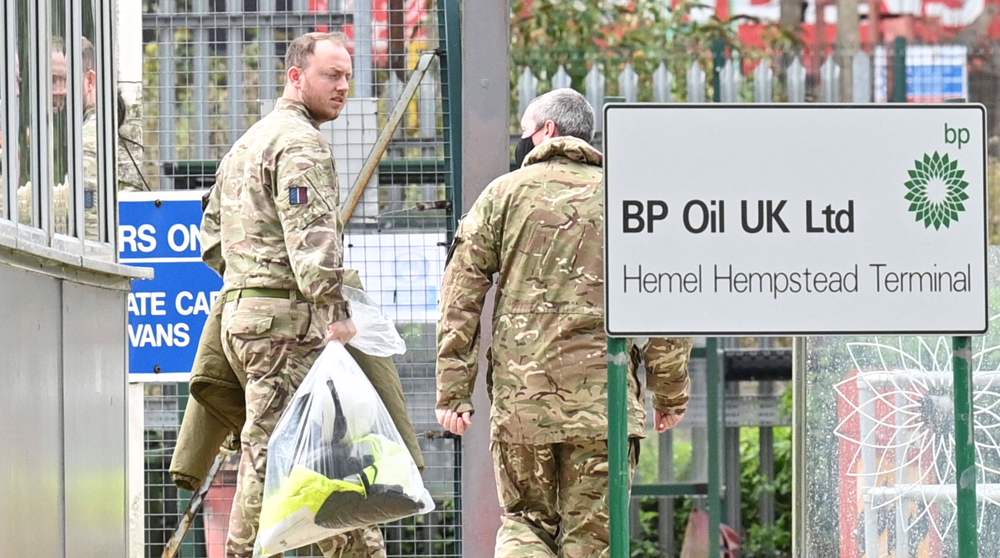
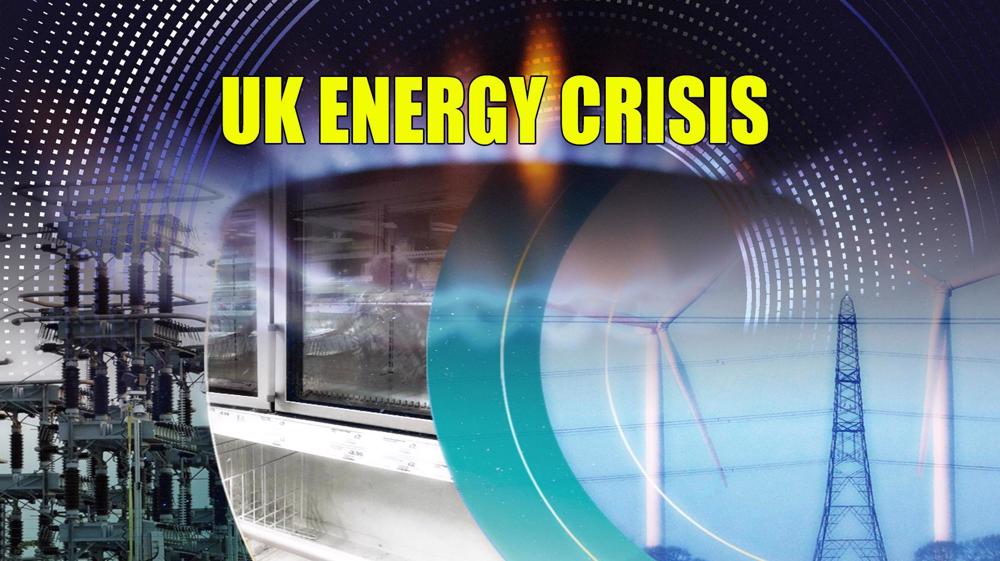

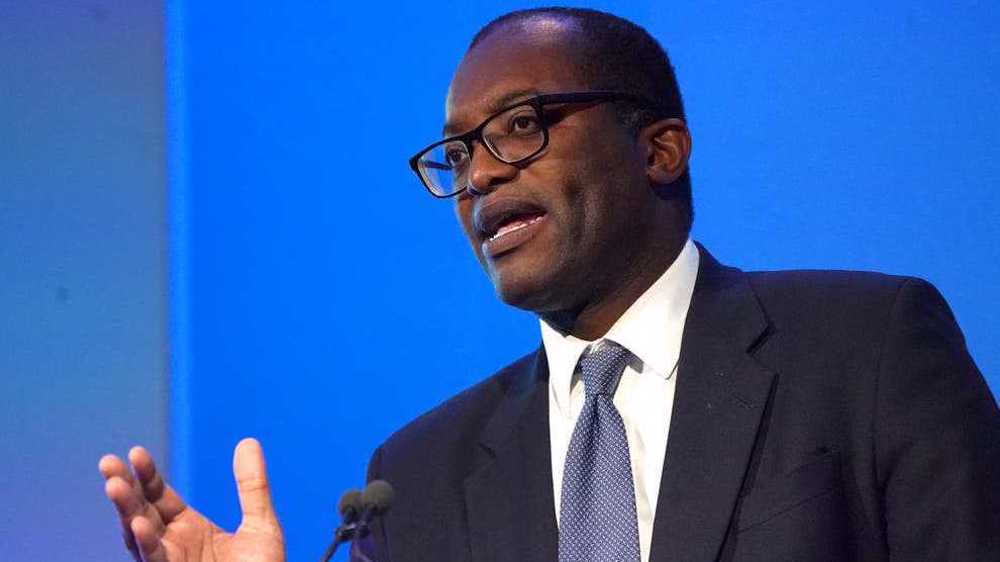
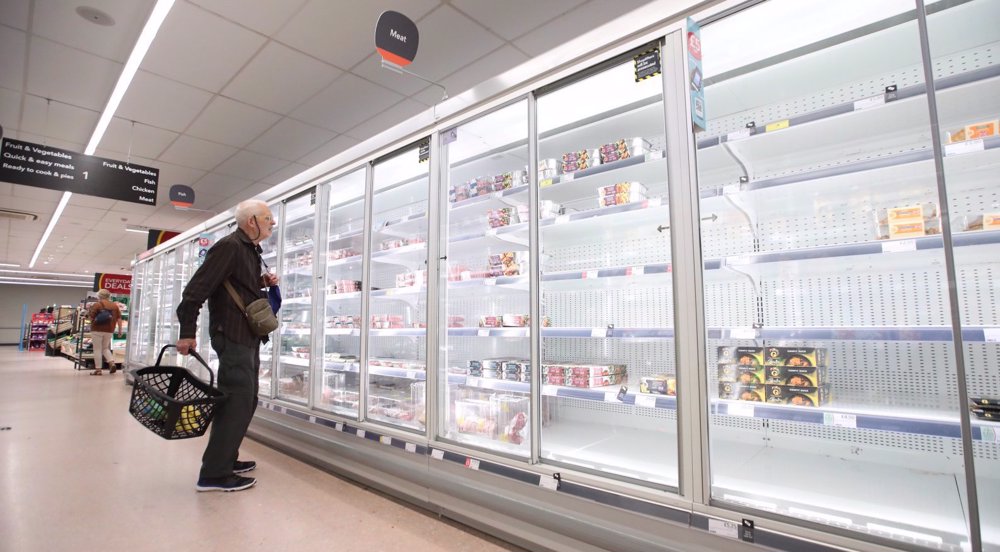

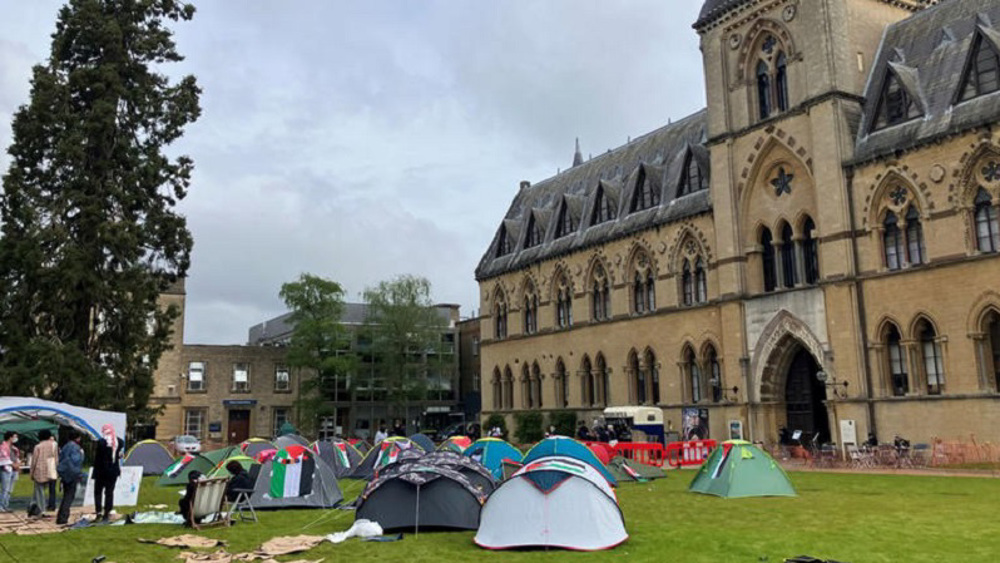
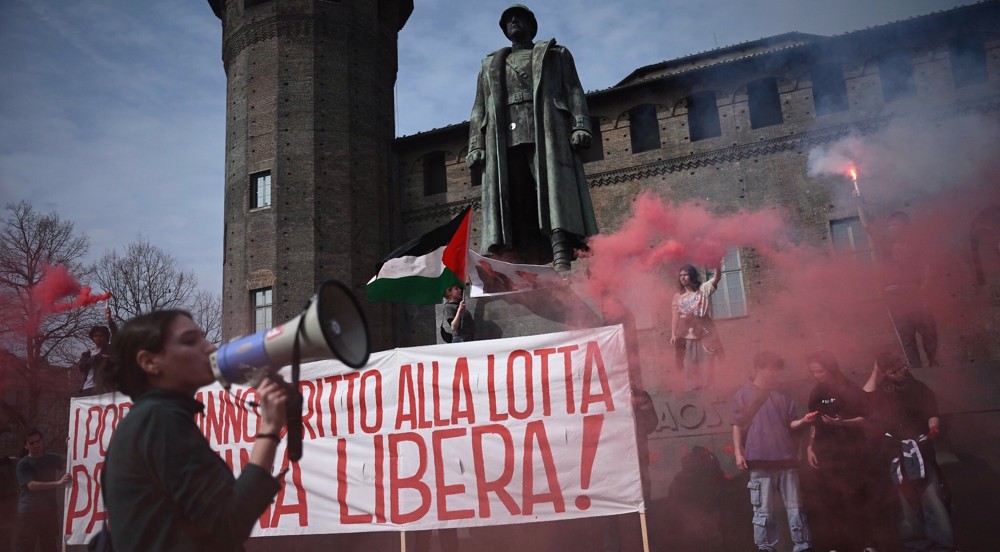
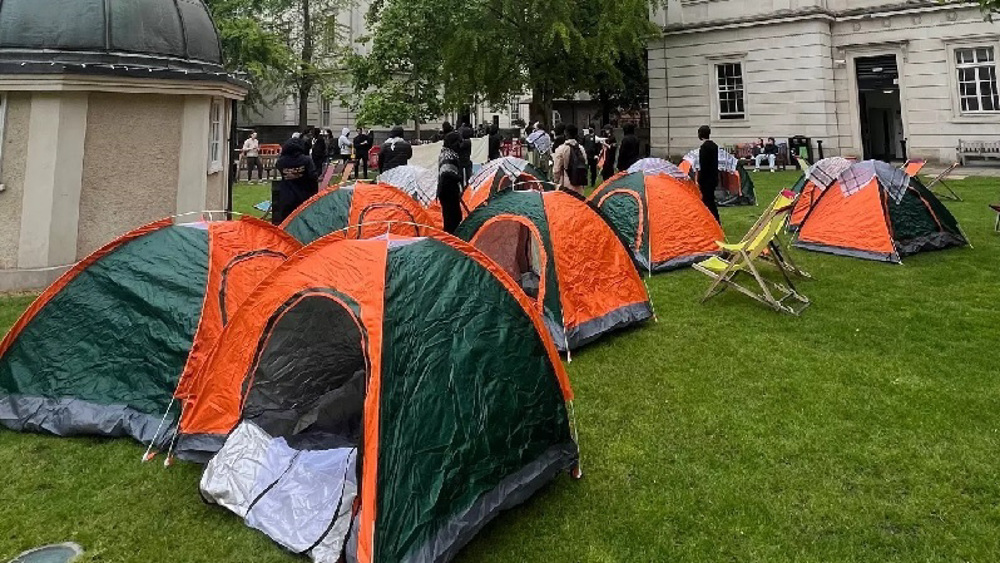



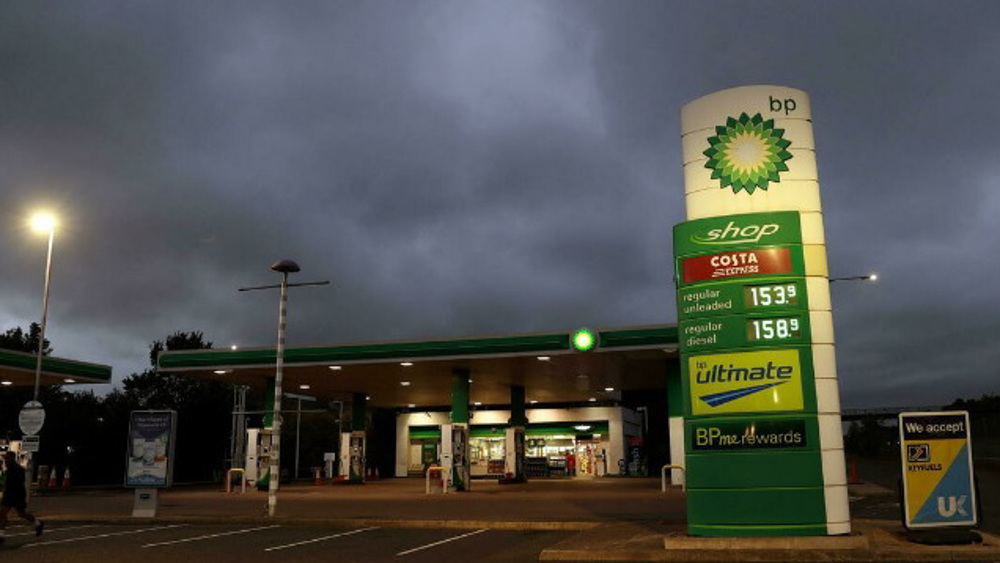
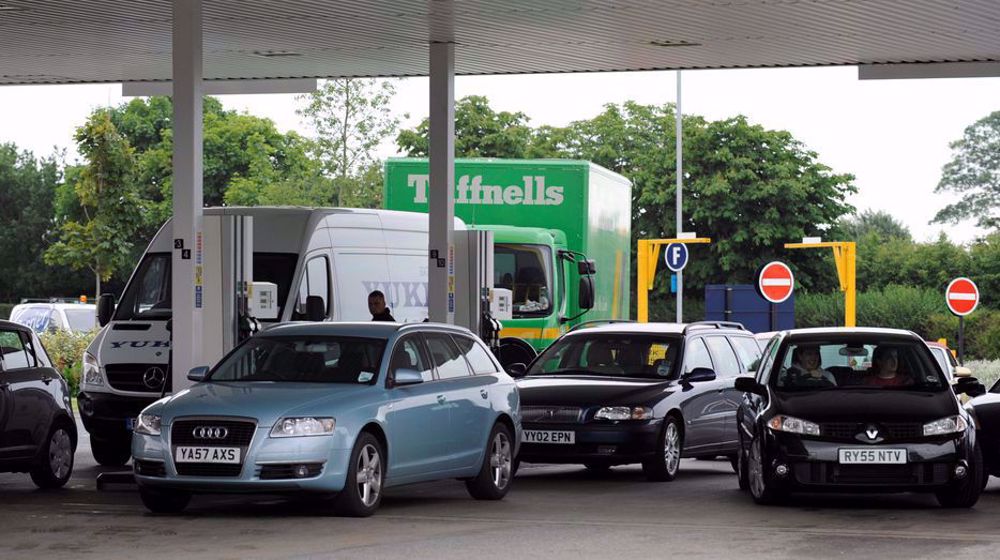

 This makes it easy to access the Press TV website
This makes it easy to access the Press TV website